
For her lifelong contribution to all aspects of the study of fish biology and/or fisheries science, with a focus on conservation, training or public understanding of the discipline.
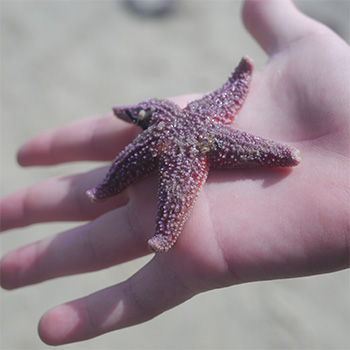
Tags: biodiversity, British Columbia, Christopher Harley, climate change, coastline, conservation, faculty, marine ecosystems, sea stars
Dr. Christopher Harley was co-author on a recent study looking at sea star wasting disease (SSWD). He discusses the impact on the British Columbia coastline.
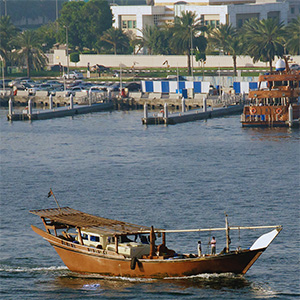
Tags: climate change, Colette Wabnitz, CORU, faculty, IOF Research Associates, IOF students, overfishing, Sea Around Us, William Cheung
Among the eight countries that comprise the Gulf, the UAE is expected to perform the worst, with a projected loss of 45 per cent of its catch potential.
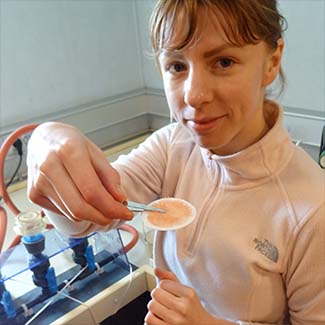
Tags: Antarctic, biodiversity, Boris Espinasse, Brian Hunt, Evgeny Pakhomov, faculty, fieldwork, IOF postdoctoral fellows, jellyfish, Marina Espinasse, Natasha Henschke, plankton
IOF postdoctoral fellows and researchers, Boris Espinasse, Natasha Henschke, and Marina Espinasse focused on the cycling and diversity-function of zooplankton and metazoans
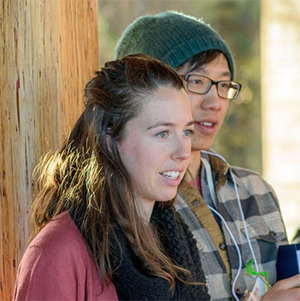
Samantha James won 'Best 3 Minute Talk' at 2018 Pacific Ecology and Evolution Conference (PEEC).
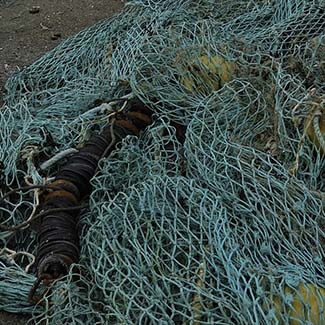
Bottom trawling is causing “boom and bust” fisheries.
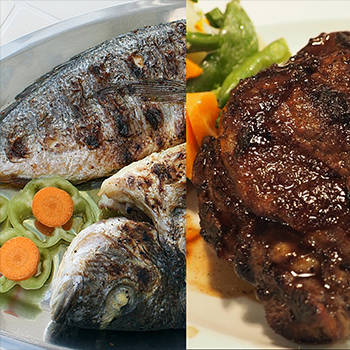
Tags: climate change, fishing practices, IOF postdoctoral fellows, marine catches, Robert Parker, sustainability
Choosing fish over pork, beef or lamb can be a more sustainable choice as fewer greenhouse gas emissions are produced.
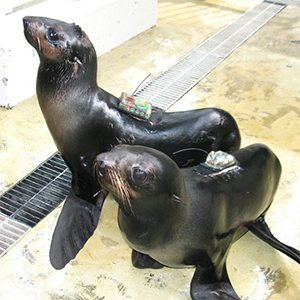
Tags: David Rosen, IOF Research Associates, Marine Mammal Research Unit, marine mammals, sea lions, seals
What impacts do tracking tags have on the behavior and swimming costs of marine mammals?
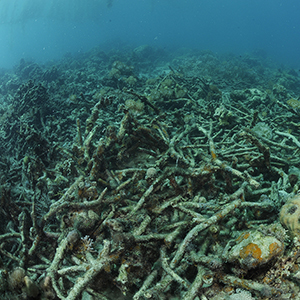
Tags: Amanda Vincent, conservation, coral, faculty, fishing practices, IOF students, Philippines, Project Seahorse
New research finds dynamite, poison still common fishing methods
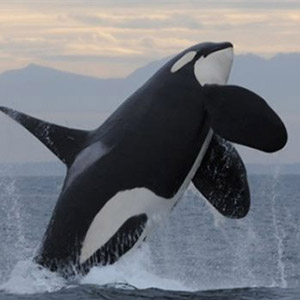
Tags: Andrew Trites, Brian Hunt, British Columbia, conservation, faculty, killer whales, Marine Mammal Research Unit, marine mammals, Pelagic Ecosystems Lab, salmon, whales
Andrew Trites and Brian Hunt are co-PIs on the project to examine how changes in the food web affect the abundance and quality of Chinook salmon in critical habitat areas of the Southern Resident Killer Whale